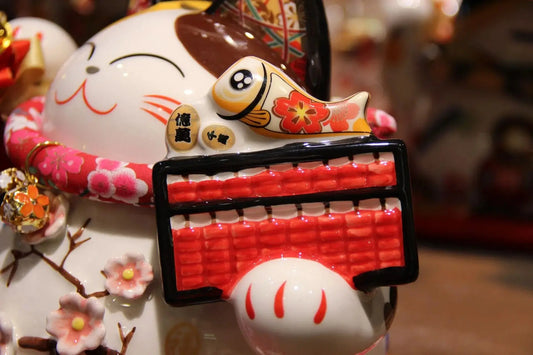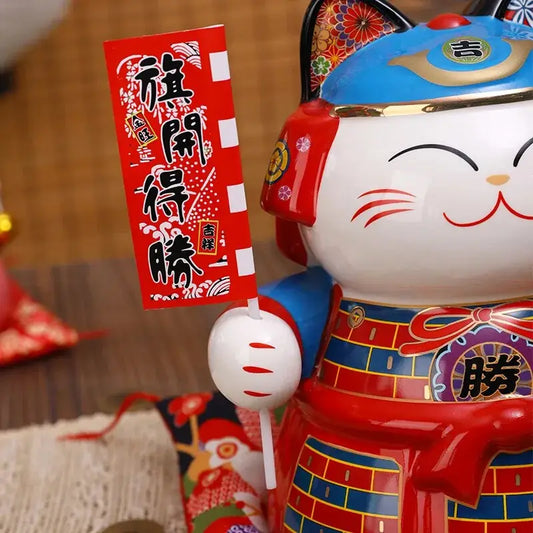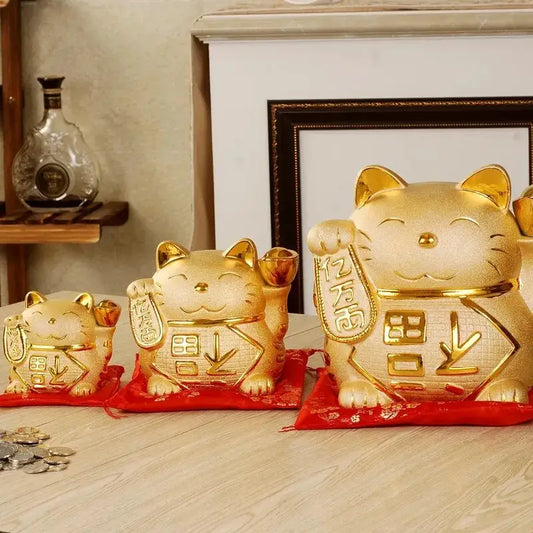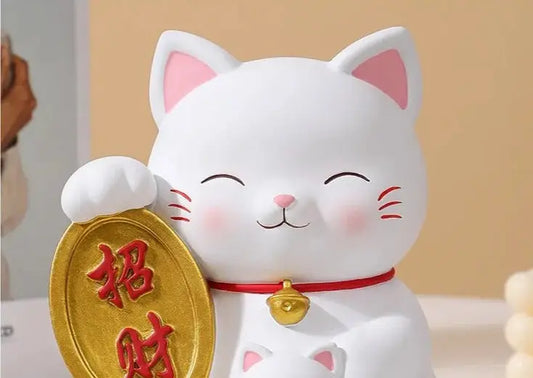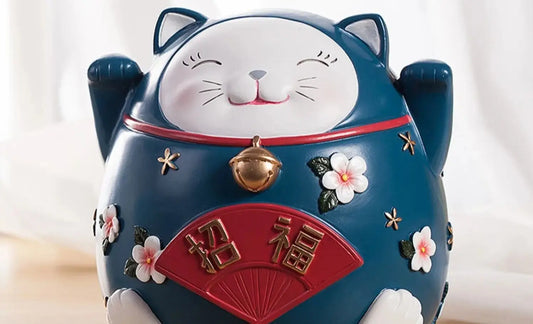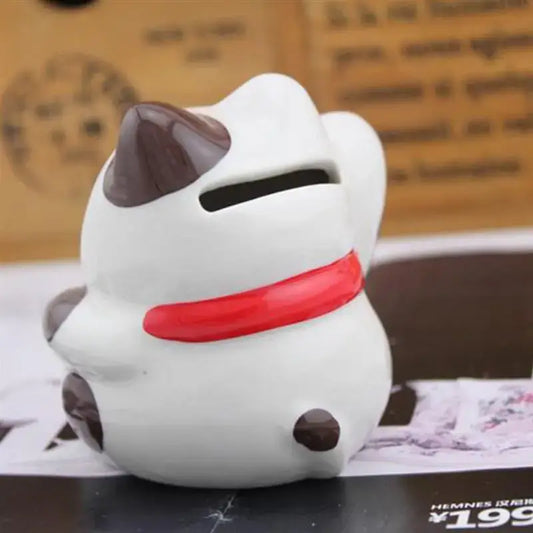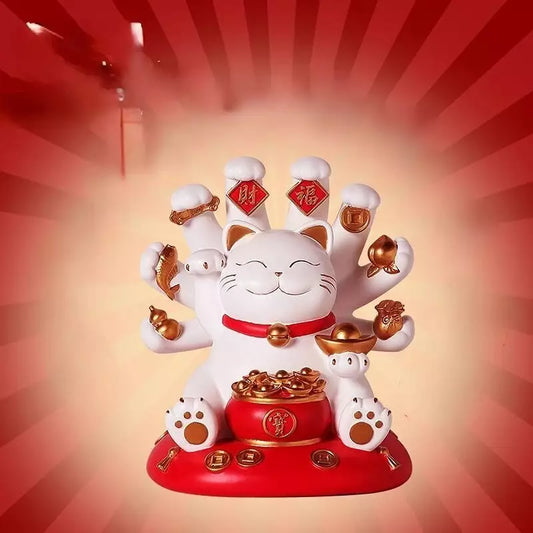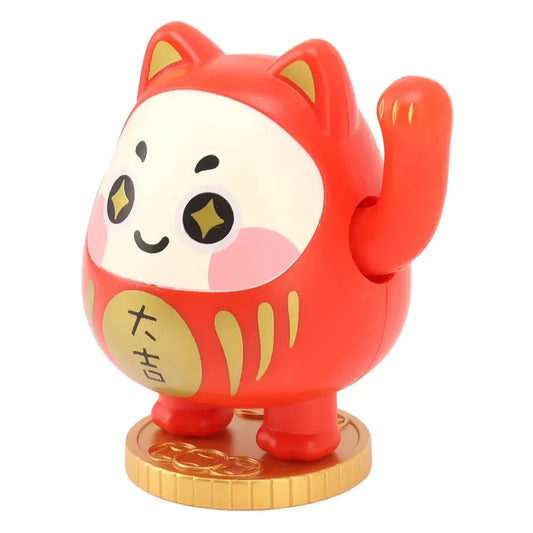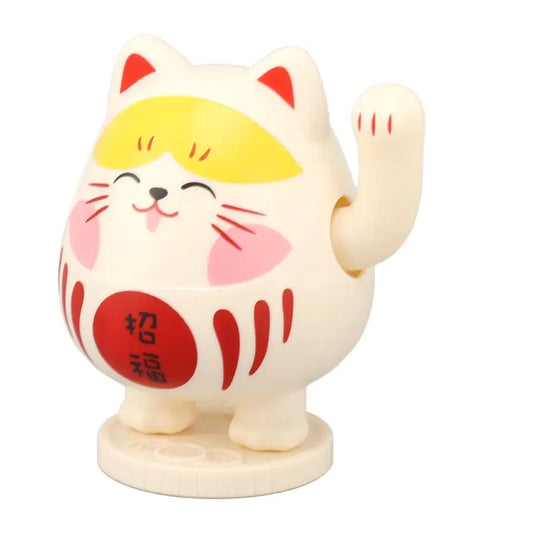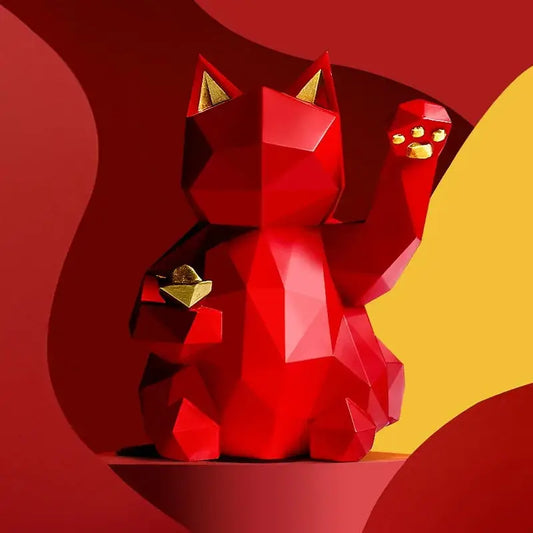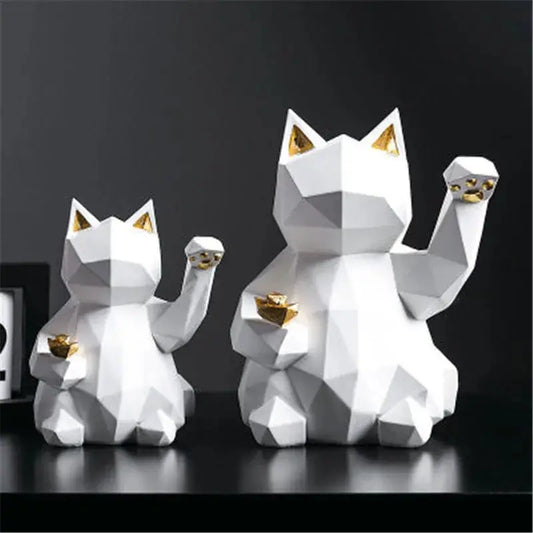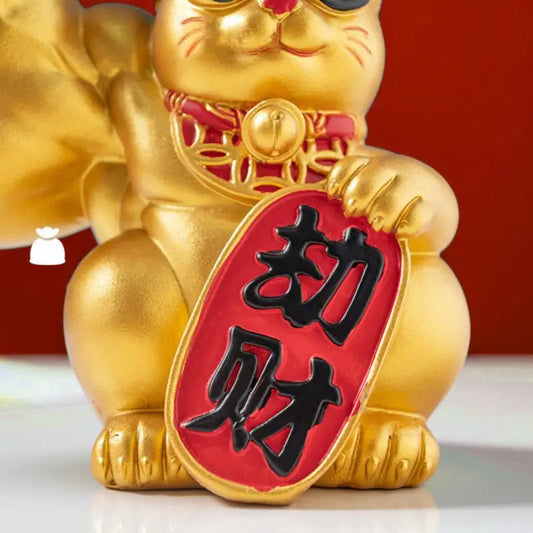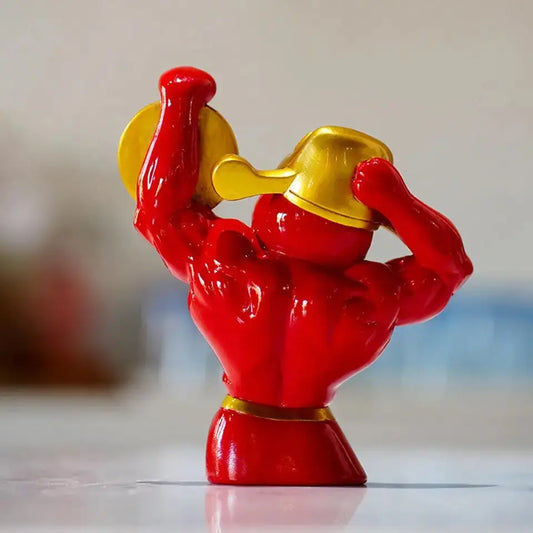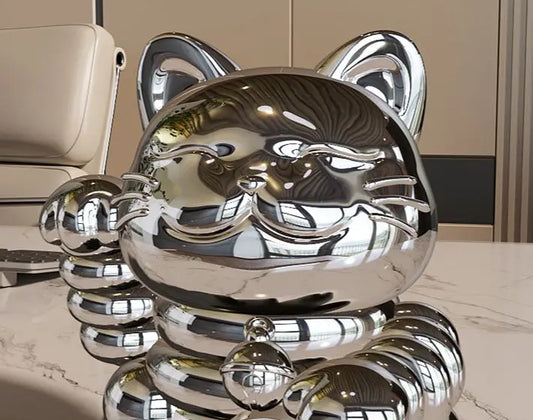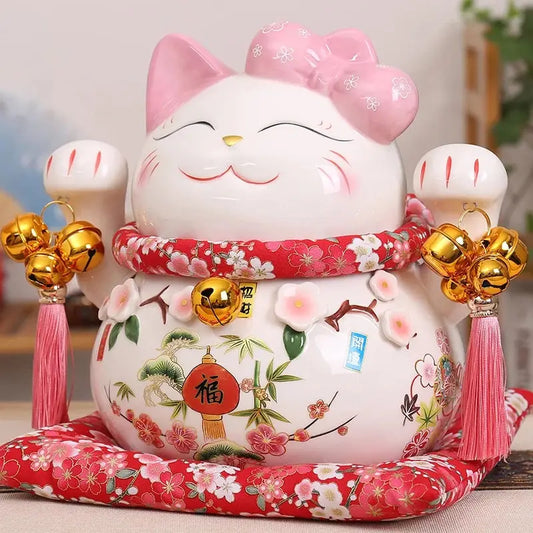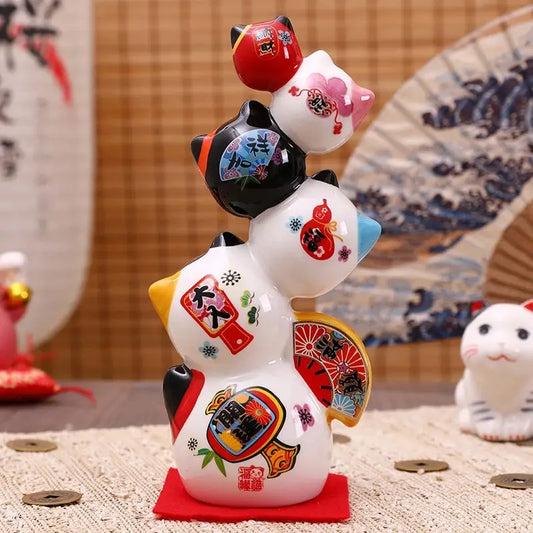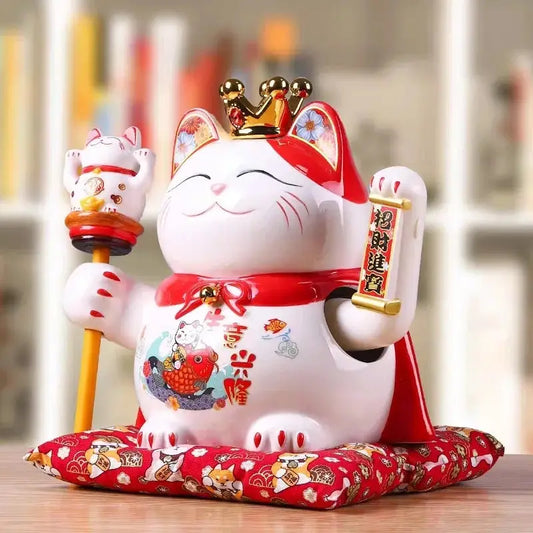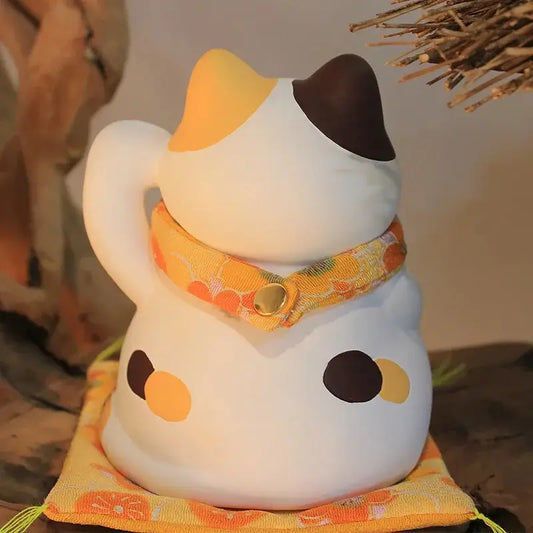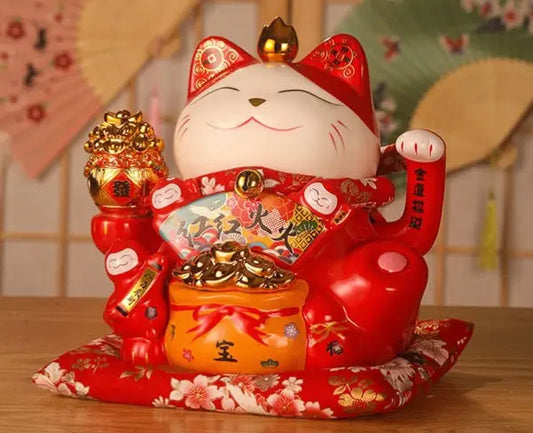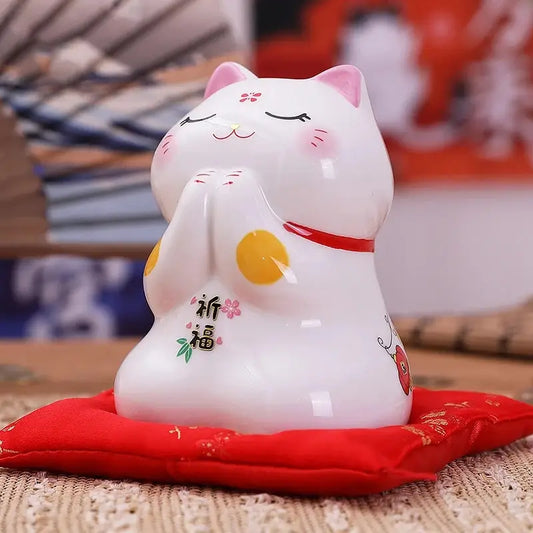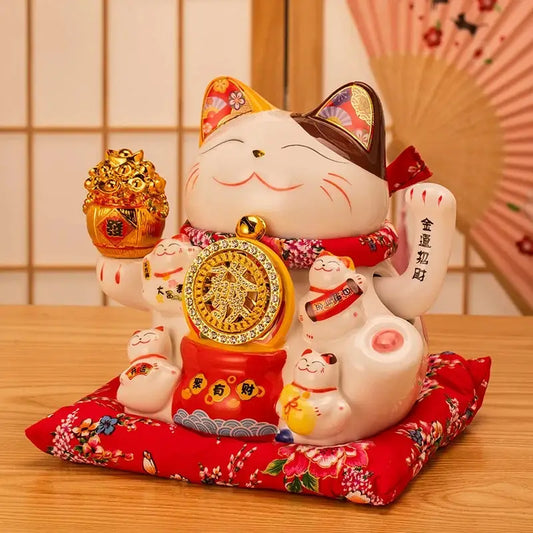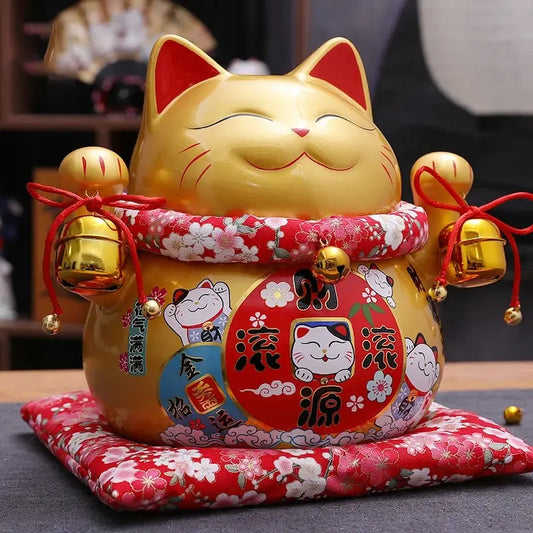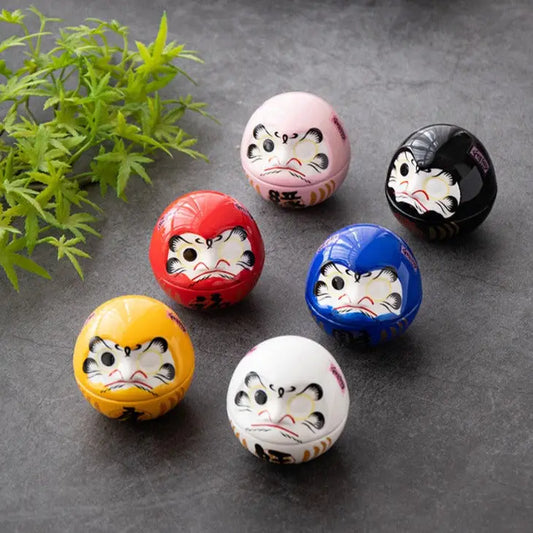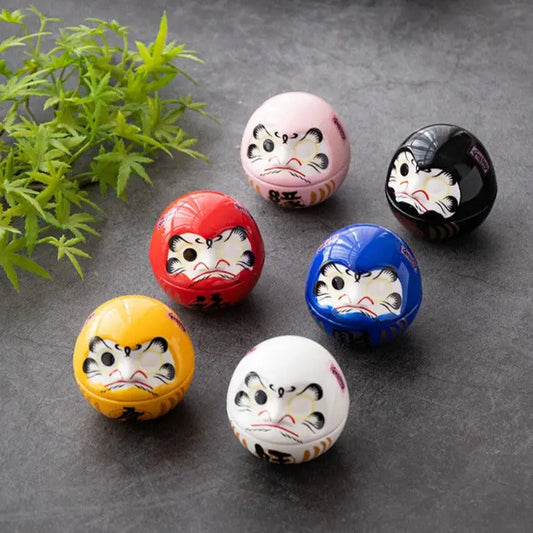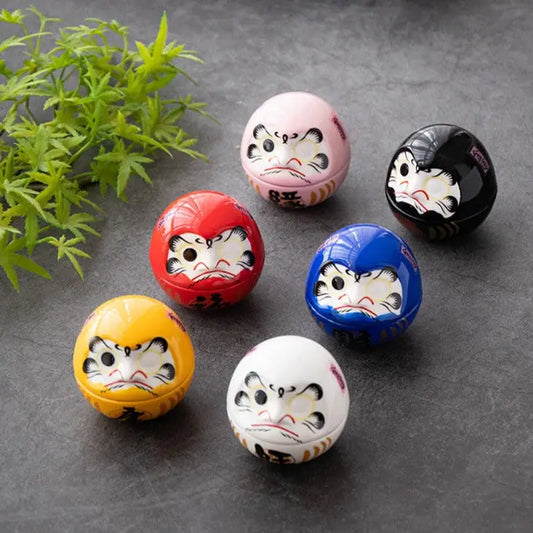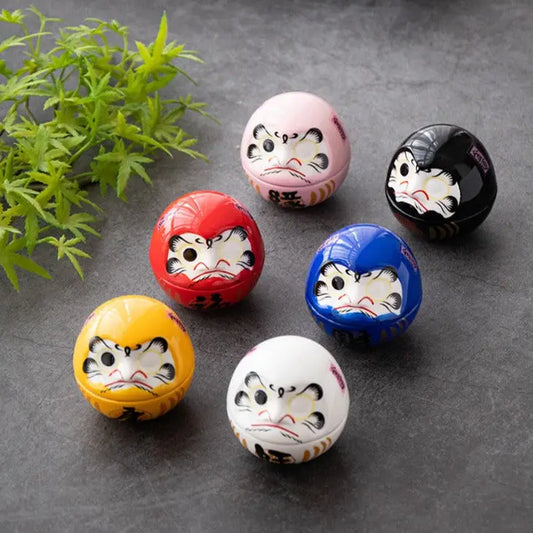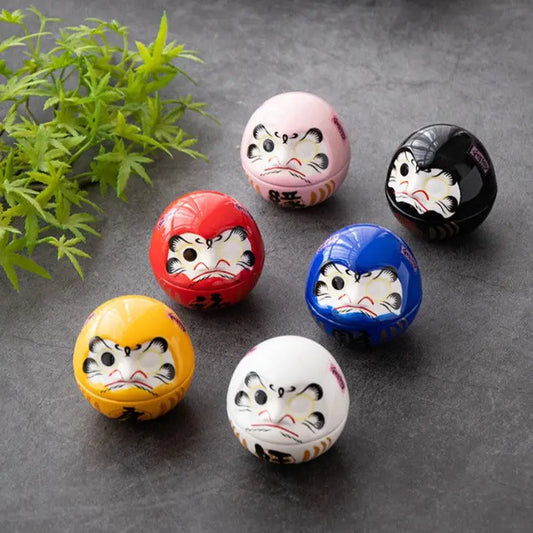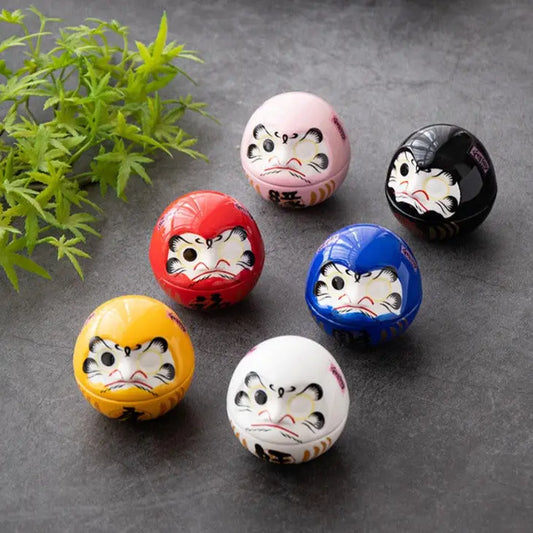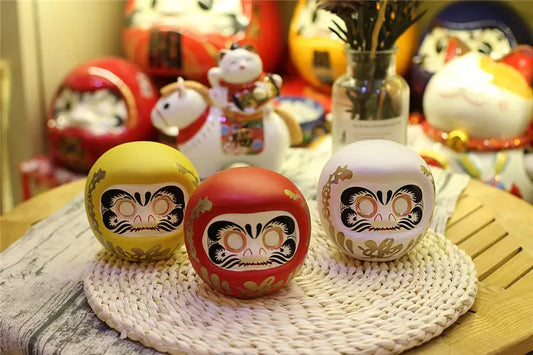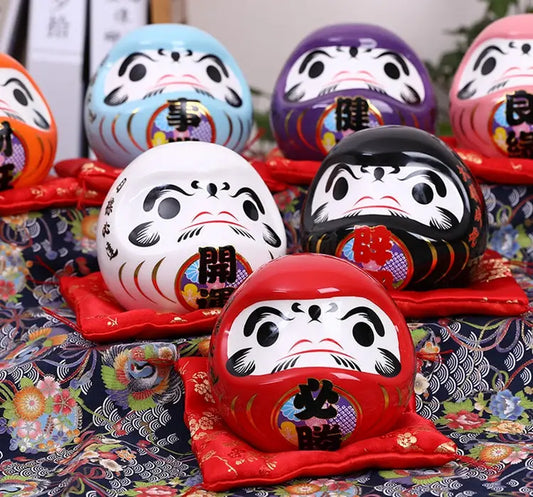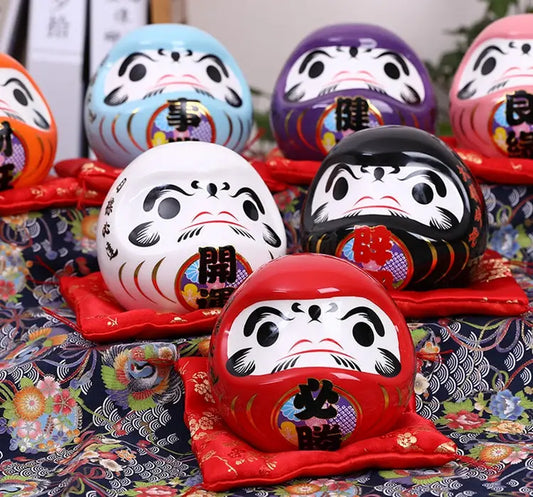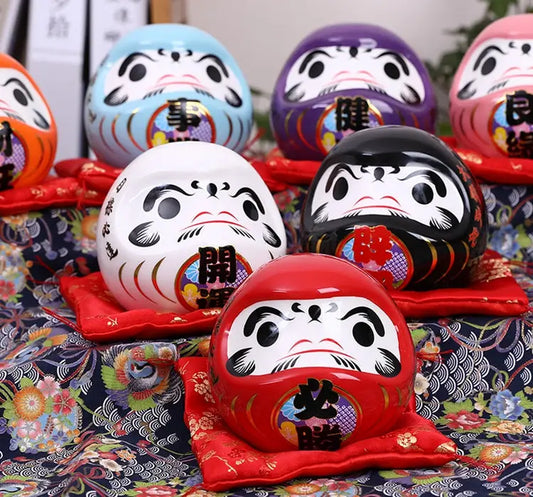Carry Good Fortune: Explore the World of Japanese Lucky Charms
Infused with cultural depth, spiritual symbolism, and a little everyday magic, Japanese Lucky Charms (engimono) are timeless tokens of hope, fortune, protection, and intention. Whether found dangling from a backpack, tucked inside a wallet, or displayed in homes and businesses, these charms carry more than superstition—they carry personal belief, tradition, and a touch of anime flair.
From ornate omamori to playful maneki-neko cats and festival-stamped ema plaques, Japanese lucky charms are as meaningful as they are beautiful. They reflect the Japanese reverence for the unseen forces that shape our lives—fate, determination, and spirit.
So whether you're seeking luck in love, success in school, safety in travel, or simply want to connect more deeply with Japanese tradition (or your favorite anime scenes), there's a lucky charm waiting to align with your journey.
What Are Japanese Lucky Charms?
Japanese lucky charms come in many forms, each with unique origins and purposes. They are often found at shrines, temples, festivals, and in pop culture, carrying blessings, symbolism, and artistic detail.
| Type | Purpose |
|---|---|
| Omamori | Small fabric pouches with paper blessings inside; for protection, luck, success, health, etc. |
| Maneki-neko | Beckoning cat statues that invite prosperity and good customers. |
| Ema Plaques | Wooden tablets where you write wishes and hang them at shrines. |
| Ofuda | Sacred paper talismans from Shinto shrines for home protection. |
| Daruma Dolls | Symbolize perseverance and wish fulfillment (paint one eye when making a wish). |
Each charm has its own lore and energy, making it a deeply personal item with a unique connection to its holder.
Why Japanese Lucky Charms Still Matter
Lucky charms are not just old-school relics—they’re still cherished across Japan and the world for their spiritual, emotional, and cultural resonance.
-
💖 Intentional Living — They keep your goals and hopes top-of-mind.
-
✈️ Travel & Safety — Car, plane, and train-specific charms offer comfort during commutes.
-
🎭 Anime Representation — Frequently seen in series like Your Name, Jujutsu Kaisen, and Sailor Moon.
-
🌸 Giftable Energy — Often given to friends, loved ones, or students before exams.
-
⛩️ Shrine Tradition — Visiting shrines to get a charm is a spiritual and cultural experience.
Whether you're buying a charm at a temple or collecting anime-inspired replicas, they act as tiny daily reminders that you're protected, supported, and aligned with something greater.
Styling & Display: How to Carry Your Charm
Japanese lucky charms are as much accessories as they are amulets. Here’s how you can incorporate them into your life:
💼 On-the-Go Good Luck:
-
Clip omamori to your backpack or purse.
-
Hang a maneki-neko mini charm from your car mirror.
🏡 At-Home Harmony:
-
Place ofuda above doorways for protection.
-
Use ema plaques for décor in a prayer or meditation corner.
🎁 Gift of Fortune:
-
Wrap omamori in a special envelope for someone graduating, starting a job, or traveling.
-
Include a daruma doll with a journal or planner set.
| Use Case | Charm Recommendation |
| Study/Exams | Omamori for academic success |
| Business/Wealth | Maneki-neko or gold daruma |
| Health | Omamori from wellness shrines |
| Love & Relationships | Pink/red heart-shaped charms or ema wishes |
| Home/Spirituality | Ofuda or white daruma for purity |
Perfect Pairings: Lucky Charm Accessories & Companions
Pairing charms with matching items enhances both their meaning and aesthetic. Here’s how to create beautiful, intentional charm sets:
| Companion | Why It Works |
| Goal Journals | Combine with omamori or daruma for goal-setting and reflection. |
| Drawstring Pouches | Carry small charms with intention and style. |
| Candles or Incense | Create ritual space for reflection and prayer. |
| Calligraphy Prints | Match written wishes with visual affirmations. |
| Mini Figurines | Add themed figures for a shrine-like display. |
Charm Set Ideas:
-
Traveler's Trio: Omamori + tiny compass + ofuda in luggage.
-
Exam Energy: Daruma doll + academic omamori + study planner.
-
Romantic Ritual: Pink ema + heart candle + handwritten note.
Lucky charms shine even brighter when they’re paired with care.
Carry Belief, Carry Luck
Japanese lucky charms offer more than tradition—they offer belief. A belief in effort, destiny, spiritual support, and the unseen threads that connect goals with outcomes.
Whether you hang them, hold them, wear them, or gift them, these symbols remind us to stay focused, stay hopeful, and stay open to possibility. They're small, but their meaning is infinite.
So go ahead: choose a charm that speaks to your journey. Paint a daruma. Tie on an omamori. Write a wish on wood.
Because fortune favors the faithful




